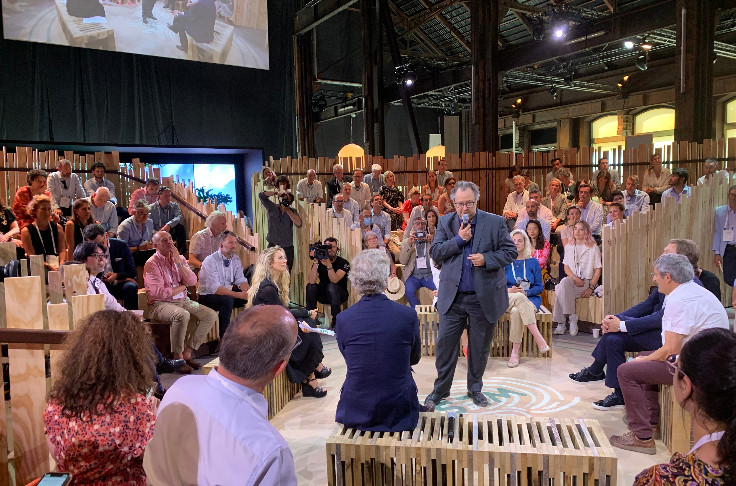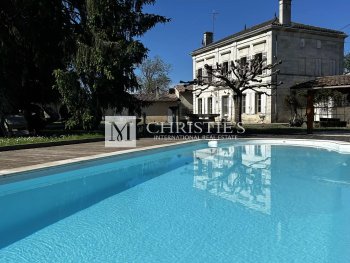Calls for “competitive co-operation” to make wines and spirits sustainable

ne theme that certainly was not put on a back burner at the first MoĂ«t Hennessy (the wine and spirits subsidiary of LVMH) international forum on living soils in Arles was the transition to agro-ecology in vineyards. “The issue is about taking action, and the step must not be too high”, stated Jean-Philippe Hecquet, CEO of RĂ©my Martin & Louis XIII Cognacs (RĂ©my Cointreau group), during a panel discussion, stressing that “the hurdle is getting winegrowers on board. Their initial fear is about yields”. RĂ©my Martin made the decision to reassure its 800 suppliers by carrying out trials on its 240 hectares of owned vineyards, and applies the same strategy of demonstration by example as other leading Cognac companies.
“We say the same thing. You'd think we were in the same company!” joked Laurent Boillot, CEO of Hennessy Cognacs, claiming that “out in the field, we are Nadal versus Djokovic. We don’t do each other any favours. On the flip side, we are part of a collective”. American-born Nicole Rolet, winegrower at Domaine du ChĂŞne Bleu in Ventoux, says she is “convinced that by working together, the whole is greater than the sum of its parts”. Berta de Pablos-Barbier, CEO of MoĂ«t & Chandon Champagnes, concurs: “In the United States there is the concept of ‘competitive collaboration’. Competitors collaborate on the essentials: biodiversity, the planet and agro-ecology are vital”.
“I see the future as a collective one with global impact – the status quo is not an option”, confirmed CĂ©sar Giron, CEO of Martell Cognacs and Mumm & Perrier-JouĂ«t Champagnes (Pernod Ricard group). But when sharing good practice among companies, the comparison is not necessarily reassuring. Confronted with projects rolled out by other companies, “we feel even smaller, which makes us want to grow”, said Giron, whose firms stopped using herbicides in their own vineyards four years ago. “Our impression is that we never do enough”, commented Berta de Pablos-Barbier, whose ambition for MoĂ«t & Chandon is to create 100 km of ecological corridors so that birds can be heard singing in the vineyards of Champagne.






